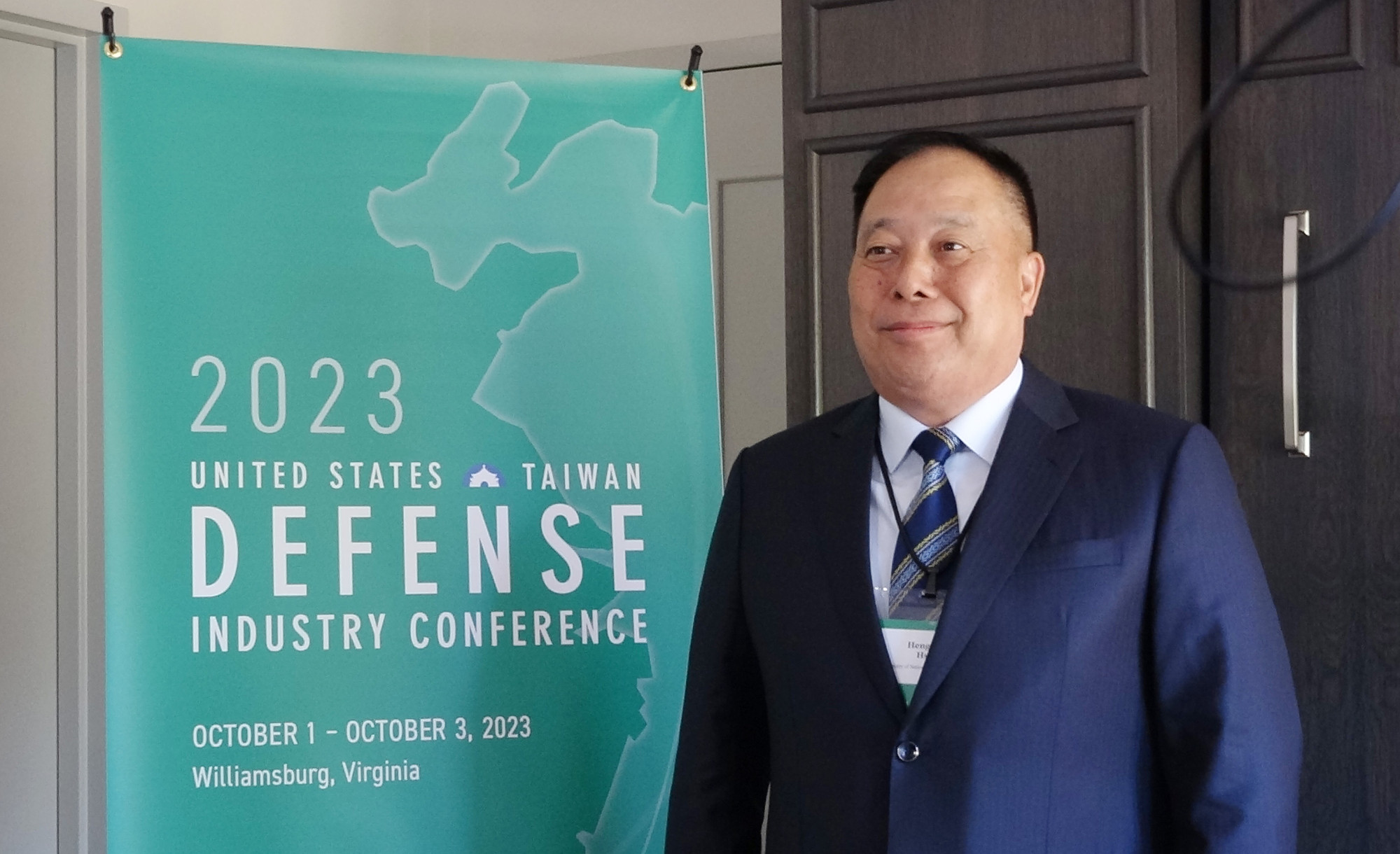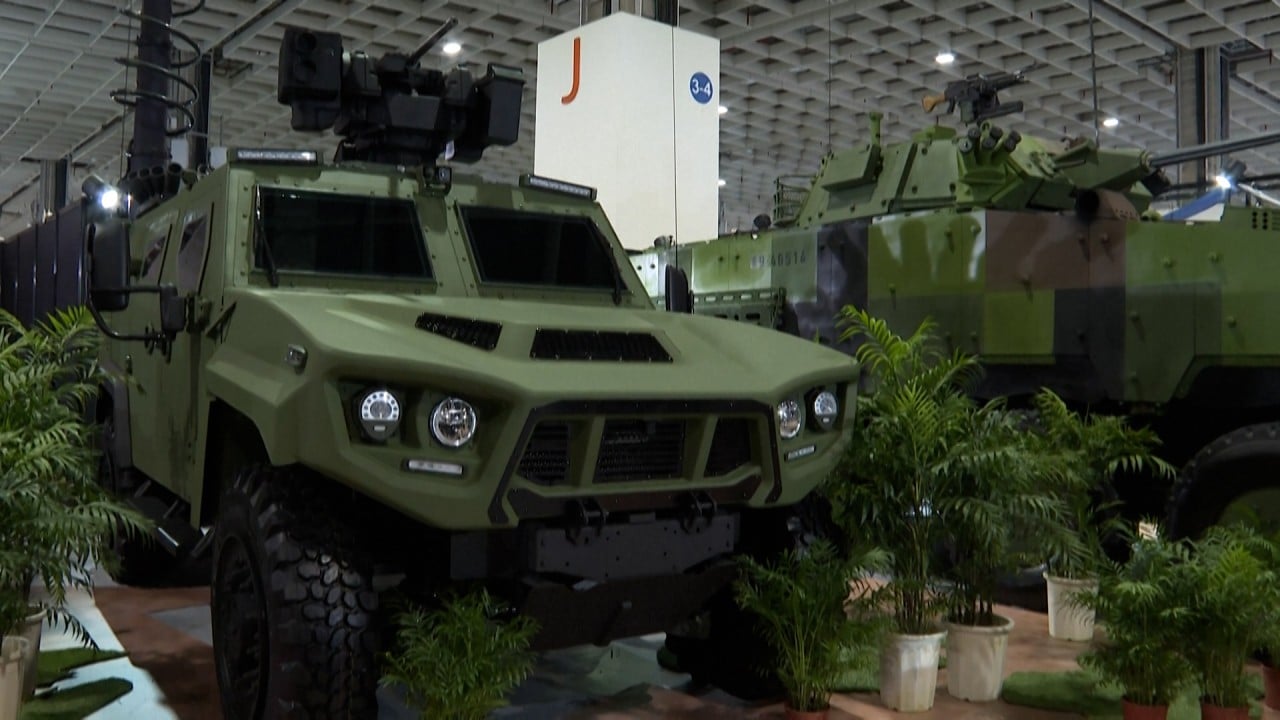Taiwan urges US to speed up weapons systems deliveries, boost defence supply chain

[ad_1]
Hsu also called on Washington to help the self-ruled island set up its own system to manage and support the complete life cycles of some of the US weapons it has bought.

“Given the ongoing Russian-Ukraine war, Taiwan and the US have recognised the importance of speeding up the delivery of weapons systems to Taiwan to urgently beef up its defence capabilities,” Hsu was quoted as saying by the island’s semi-official Central News Agency.
Since last year, Taiwan has complained to the US about delayed weapons deliveries, including the urgently needed Stinger portable air-defence missiles that have proven effective for the Ukrainian resistance against the Russian invasion.
The delays have also prompted US lawmakers from both parties to demand that Washington swiftly fill its backlog of arms sales to Taiwan, reportedly worth US$19 billion.
A Chinese military blockade of Taiwan would likely fail: Pentagon
A Chinese military blockade of Taiwan would likely fail: Pentagon
He said this showed that the US took note of the defence needs and the self-defence capability of the island.
Hsu added, however, that Washington could greatly boost the island’s defence self-reliance by helping Taiwanese forces establish the “Total Life Cycle Systems Management”.
The system is a US military programme that implements, manages and oversees all activities related to the development, acquisition, production, sustainment and eventual disposal of a weapon across its life cycle.
Taipei-based United Daily News described the system somewhat like the F-16 maintenance centre – a collaboration between Taiwan and US plane maker Lockheed Martin that served as a key part of the fighter jet’s components supply chain, providing parts and repairs as needed for the planes in that region.
This could also “help integrate the US-Taiwan defence industry supply chain” and “enhance Taiwan’s defence autonomy and resilience,” he added.
American officials, including Mira Resnick, the deputy assistant secretary of state for regional security, and Jedidiah Royal, the principal deputy assistant secretary of defence for Indo-Pacific security affairs, were also expected to speak at the three-day event, according to the US-Taiwan council.
Emerging threats to Taiwan, supply chain challenges, Taiwan’s defence policy, US-Taiwan defence cooperation, cybersecurity and the strategic paralysis of Taiwan’s critical infrastructure in a potential cross-strait conflict were some of the topics to be discussed.
The conference – attended this year by more than 200 participants from Taiwan and the US – has been considered a semi-official military exchange event between the two sides since it was first held in 2002.
Taiwan is developing another, bigger and more lethal suicide drone
Taiwan is developing another, bigger and more lethal suicide drone
Taipei has previously used the occasion to pass its weapons wish list to the US, seeking items to aid its defence against military attack by Beijing.
Beijing views Taiwan as its territory subject to eventual union by force if needed. It has intensified military operations around Taiwan since former US speaker of the house Nancy Pelosi visited Taipei in August last year – a trip it said was a serious violation of its sovereignty and Washington’s breach of its one-China policy.
The US, like most countries, does not recognise Taiwan as an independent state, but is opposed to unilateral change of the cross-strait status quo by force.
[ad_2]
Source link






